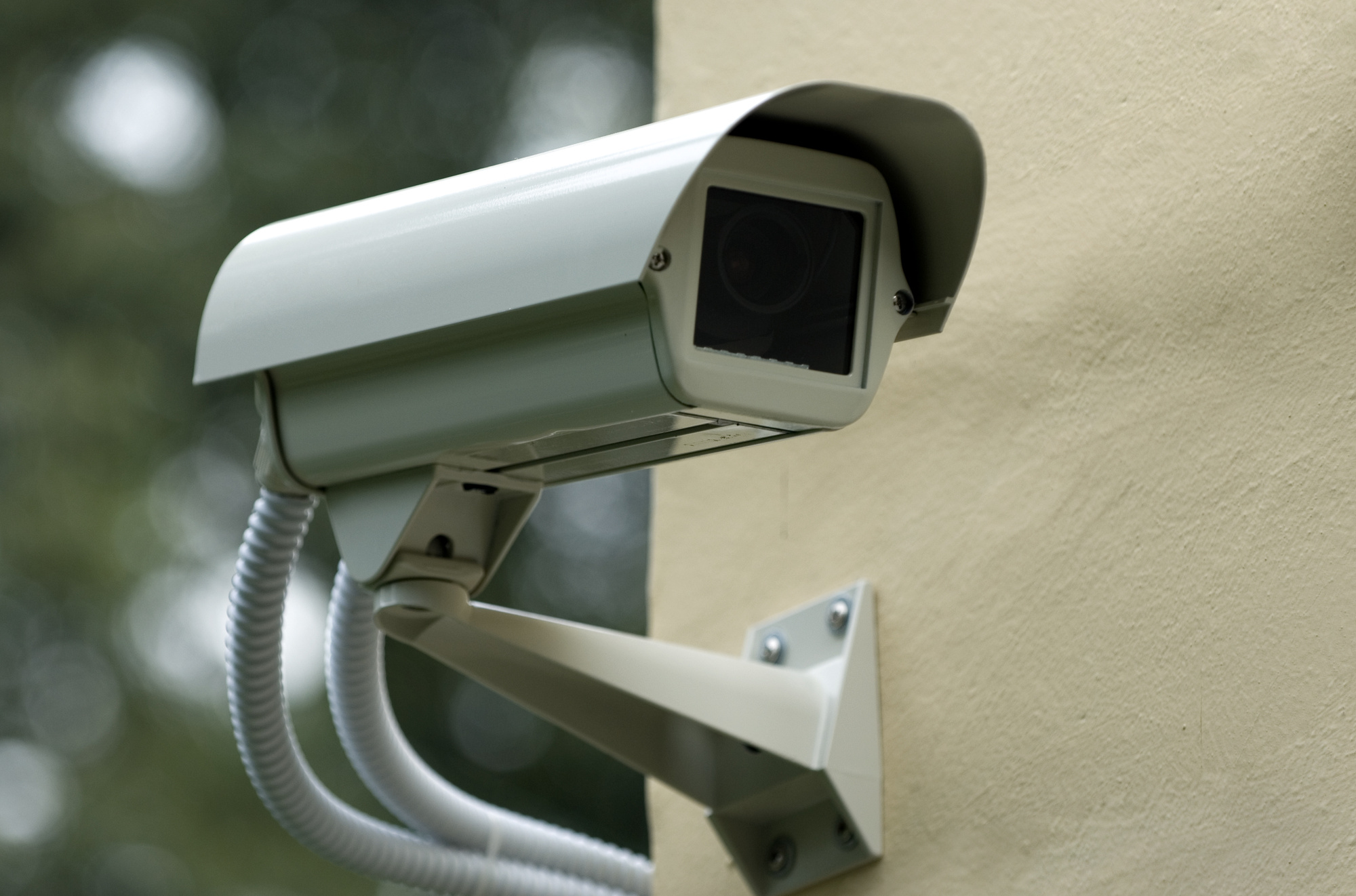The Ultimate Guide to Choosing Between CCTV Camera Types for Your Business
CCTV cameras have become a basic need for most businesses in the present day. You may decide to install cameras for personal reasons or mandatory security reasons. It can be little overwhelming to decide the correct type of surveillance camera for your business.
This Is due to the diversity in functionality offered by different CCTV camera types. There are a number of factors that need to be coined in before making a decision on the most applicable surveillance camera.
Below are some fundamental questions that determine the correct camera for your business.
1. Public or Discrete Cameras
The location that you want to fit the camera determines if the camera needs to be visible or discrete. In some instances, it is important to let people know that they are been monitored.
Malls, offices and working areas may require box cameras. Box cameras are large and certainly obvious.
They constantly remind your customers that they are being monitored and thus reducing cases of theft. Discrete versions are best-suited Security cameras.
Dome cameras are essential in places where you might want the cameras hidden. Their spherical shape makes it easy to conceal them. Dome cameras are however able to monitor small areas.
Pan cameras come in handy when you require monitoring expansive areas and perhaps follow objects discretely. Read more about Dome cameras at Sensornation.
2. Indoor and Outdoor Cameras
Modern cameras are easily applicable for both inside and outside environments. There are however a number of things to consider. Housing and mounting the cameras is a fundamental aspect of its installation.
Extreme outdoor conditions may require special cameras. E.g, cameras operating in areas with snow may require heaters to keep them running. Industrial set-ups with high amounts of vibration may require more robust cameras.
3. Coverage Area
The area that needs to be covered by the camera is an important factor to consider when choosing a camera for your business. Before walking into a camera shop, it is important to have a blueprint of the area that needs to be covered.
PTZ cameras are best suited for large areas. They also have an amazing zoom capability for detailed scenes.
You are certainly sure that angle movements of about 112 degrees are taken care of. Small installations may require LAN networks for cameras.
Huge coverage areas require large networks. Such installations may necessitate installations of WAN networks.
Depending on the vastness of the coverage area, you can opt for either a wireless connection for some elements in the network. In some instances, you can only have wired cameras.
4. Wireless CCTV Camera Types
Wireless cameras are becoming quite popular in many buildings. There are however regulations by authorities that wireless cameras can only broadcast the images for a maximum radius of 100 meters only.
It also means that you cannot use two basic wireless cameras in the same radius. There are however cameras that allow for multi-user systems.
In a LAN network, you can decide to mount a few wireless cameras in isolated places where the cabling can’t be done. Most wireless cameras run on batteries. There are however other wireless cameras that might require power plugging.
Wireless cameras using batteries are not very applicable in permanent installations since batteries get drained from time to time.
5. Wired Cameras
Such cameras have no limit on the number that you can install in a unit area. Since the cameras relay information on cable, they are generally safe.
You don’t risk data interceptions on the network. Wired cameras also don’t require an independent power supply.
In wired installations, one cable takes up the powering function while the other relays images.
6. Image Clarity and Detail
You certainly need clear images from your CCTV system. The resolution of the images is also affected by the operating distance of the camera.
Retail spaces may need cameras with higher resolutions. Such spaces may need cameras that don’t distort images even after zooming.
Smaller office areas require low-resolution cameras. You, however, need to understand that not every situation needs a high-resolution camera.
Remember high-resolution cameras are expensive. It is wise to spend wisely and effectively.
7. Monochrome or Color
Humans are able to understand an image if it appears in color as opposed to the image being in monochrome. E.g it is easy to tell who is in the image is if the image color.
There are two types of CCTV camera types based on color configuration. They include:
- Color cameras
- Monochrome cameras
Color cameras are thus better than monochrome cameras in a number of situations. Night utility cameras can, however, be monochrome.
This is due to the fact that at night, even color cameras take monochrome pictures.
Most monochrome cameras also have Infra-Red sensitivity. The infra- Red facility ensures that the cameras are concealed.
8. Importance of Audio Signal
Before considering installation of CCTV cameras, it important to note if you will require soundtracks on the recordings.
Places like offices and cash counters may require coverage that incorporates sound as well. Integration of sound may be done on the camera or on independent recorders.
It is, however, important to note that such cameras might require huge amounts of memory storages.
9. Connectivity
How do you want to retrieve the images from the camera? This is one factor that certainly takes center stage when CCTV installation is mentioned.
Some cameras can connect to mobile phones via an internet connection. Perhaps this is a perfect example of a spy Camera that sends you footages in real time.
A spy camera is a perfect security camera.
Making the Decision
With all these questions answered, a specialist will certainly advise on the best camera you need for your installation. With the current technology, you can also buy and mount a camera on your own if you understand all requirements.
Effective cameras serve their purposes perfectly well. You need to install cameras that suit your needs, an environment so as to avoid constant replacement of the cameras.
You also don’t want to miss a proper footage of an incident that happened in your premises because of a bad camera.
Lastly, all factors held constant, ensure that the camera is of high quality. Considering that there are many CCTV camera types in the market ensure you choose the best suited for your premises.
Contact us today for more about CCTV camera installations.



